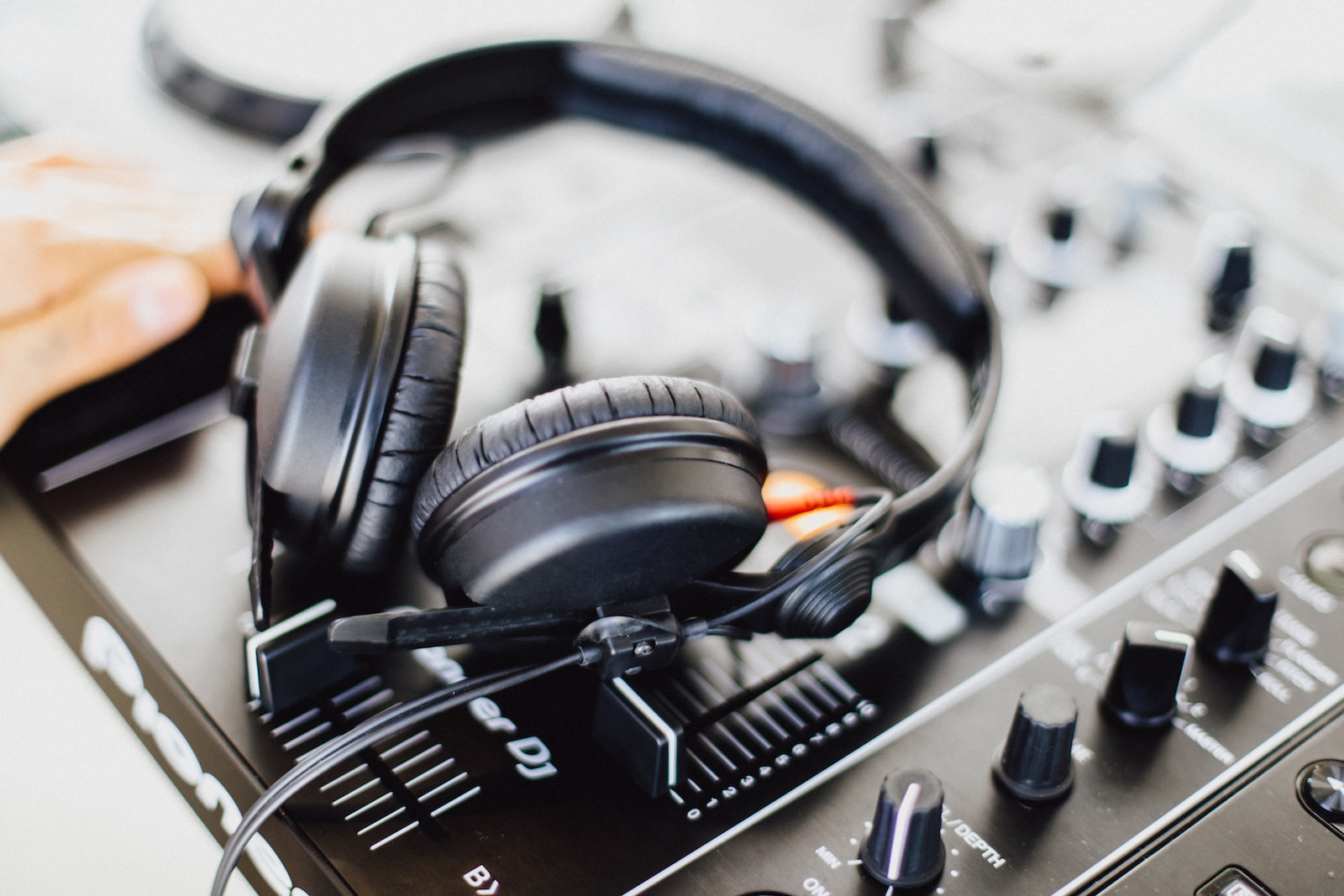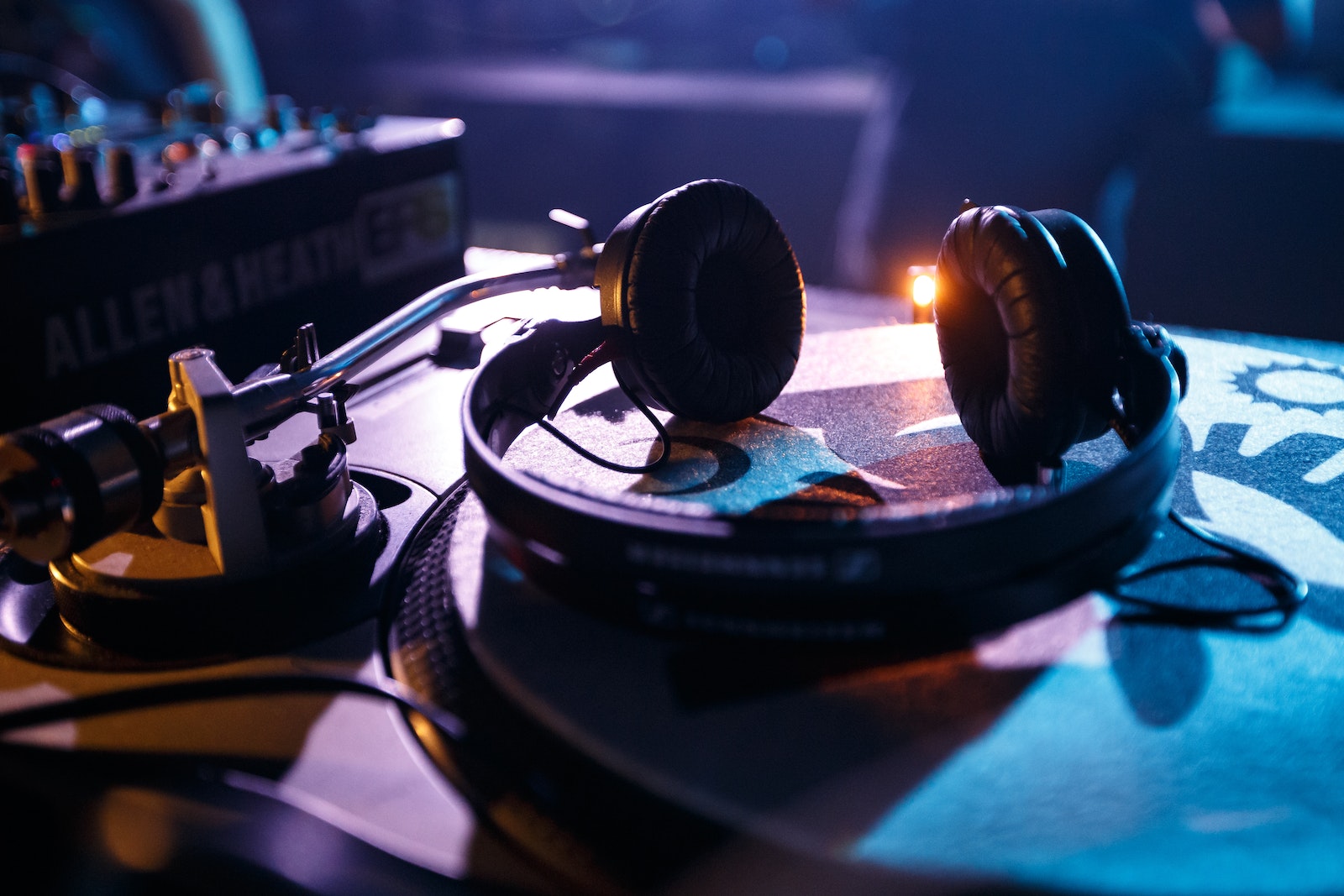
Choosing the Right DJ Headphones: Key Factors to Consider
When selecting headphones for DJing, there are several key aspects to focus on to ensure optimal performance and comfort. Here’s a breakdown of what to look for:
1. Sound Quality
Sound quality is the top priority for DJ headphones.
- High-Quality Drivers: Ensure clear and accurate audio reproduction.
- Enhanced Bass Response: Helpful for bass-heavy genres like hip-hop or EDM. Strong bass allows DJs to hear low-frequency components clearly, aiding in beatmatching and EQ adjustments.
- Flat Frequency Response: Professional DJs often prefer flat frequency response for accurate and uncolored music representation. Subtle bass enhancements are acceptable but should not alter the music’s overall sound.
2. Noise Isolation
Good noise isolation is crucial for blocking external sounds, especially in noisy environments like nightclubs.
- Closed-Back Design: Helps isolate sound, allowing DJs to focus on their music.
- Hearing Protection: Reduces exposure to loud environments, safeguarding long-term hearing.
3. Comfort
Since DJs wear headphones for extended periods, comfort is essential.
- Soft Ear Cushions: Provide comfort during long sessions.
- Swiveling Earcups:
- Enable one-ear monitoring, which is useful for beatmatching or mix adjustments.
- Allow DJs to listen to music while staying aware of the crowd and surroundings.
- Reduce fatigue by allowing positional adjustments.
4. Durability
DJ headphones need to withstand frequent and heavy use.
- Robust Build: Choose headphones made from high-quality materials for increased longevity.
- Replaceable Components: Headphones with replaceable parts (e.g., ear cushions, cables) are easier to maintain.
5. Cable Length and Type
DJ headphones require durable and flexible cables.
- Coiled Cable: Ideal for stretching when needed but resistant to tangling.
- Adequate Length: Allows freedom of movement around DJ equipment.
6. Frequency Response
A wide frequency response ensures accurate reproduction of diverse music styles.
- Low Frequencies: Critical for elements like kick drums (50 Hz–100 Hz) and basslines (100 Hz–200 Hz).
- Mid and High Frequencies: Essential for capturing melodies, harmonics, and the overall character of the music.

Conclusion
The perfect DJ headphones combine superior sound quality, excellent noise isolation, comfort, and durability. Whether you’re performing at a large club, a private event, or practicing at home, carefully consider these factors to ensure optimal performance and an enjoyable listening experience.










































































































